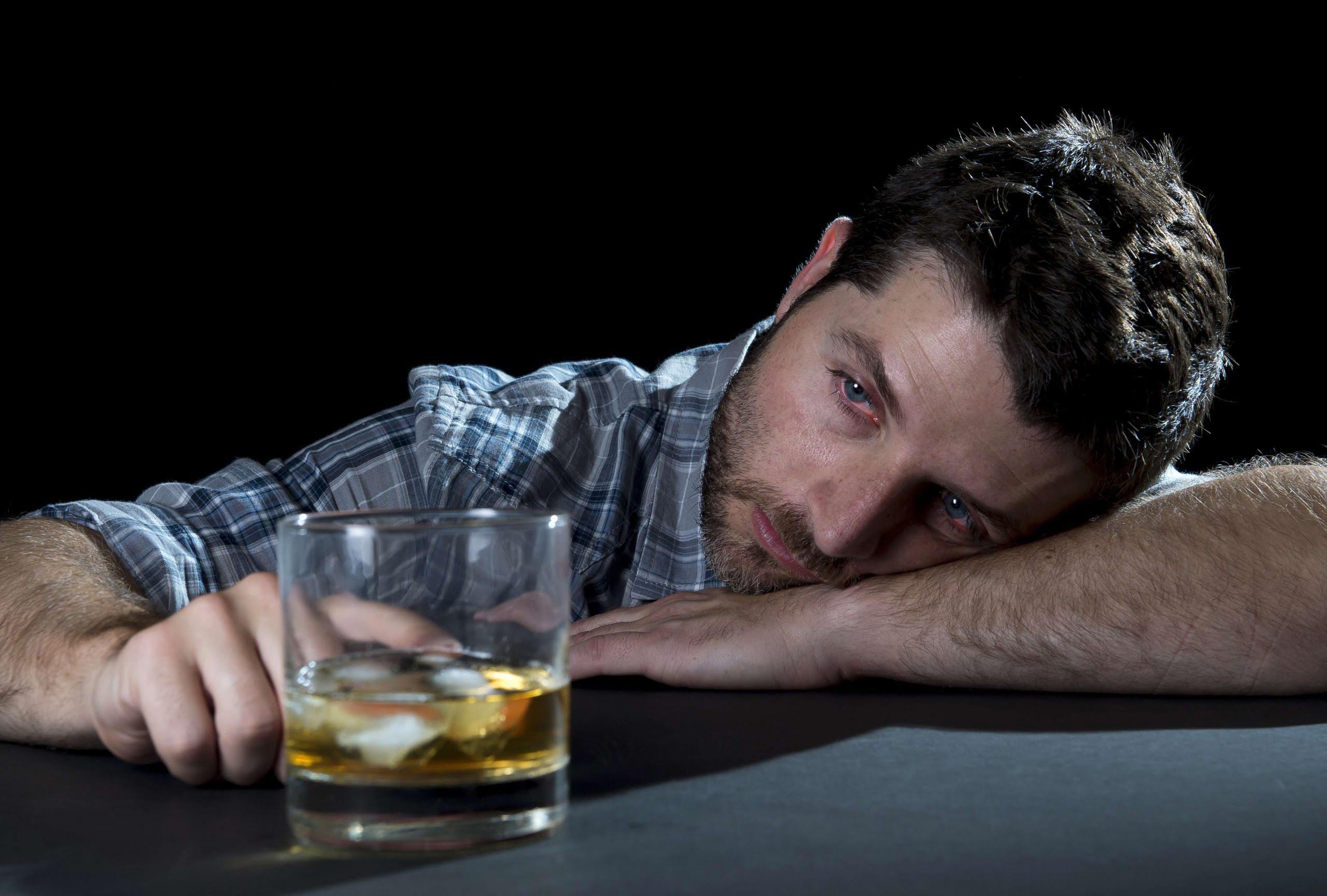You can’t force someone to deal with their mental health condition any more than you can force them to remain sober. But you can encourage your loved one to seek help and offer your love and support. A substance abuse problem is NOT defined by what drug alcohol as a coping mechanism you use or what you drink. By Matthew Tull, PhDMatthew Tull, PhD is a professor of psychology at the University of Toledo, specializing in post-traumatic stress disorder. It can help people express and process their thoughts and feelings (also called expressive writing), which can be a good way of coping with anxiety. Over time, people forget how to breathe this way and instead use their chest and shoulders.

Recovery Programs
Don’t drink or use drugs with your loved one or argue about their substance use when they’re impaired. Instead, fill the time you spend together with fun, healthy activities and hobbies that don’t involve drinking or drug use. Exercise triggers powerful changes in the brain that can boost your mood, burn off tension, and promote feelings of calm and well-being. Exercise can also serve as a valuable distraction, enabling you to break out of the cycle of negative thoughts that often fuel mood disorders.
Palm Coast Treatment Solutions
- For example, an individual fixated at an earlier developmental stage might cry or sulk upon hearing unpleasant news.
- Mindfulness meditations are a great coping mechanism and can help you cope with everyday stressors and help relieve anxiety.
- But social contact and support from friends and relatives is vital to their recovery.
- Depression is one of the most common mental health problems, with around one in ten people suffering in the UK in any year 2.
This destructive behavior can also strip people of their motivation and make them anxious. This article discusses why people engage in self-sabotaging behaviors and provides some examples of self-sabotage. It also explores steps you can take to stop undermining your own success. While all defense mechanisms can be unhealthy, they can also be adaptive and allow us to function normally.
The Link Between Avoidance Coping and Anxiety
Following the transition to adulthood, alcohol effects on later depression appear primarily indirect and mediated by coping motives, a pattern that is generally consistent with the Acquired Preparedness model (Settles et al., 2010). We found that alcohol use at age 17 indirectly predicted higher levels of depressive symptoms at age 23, by predicting increases in the likelihood of engaging in substance use in response to stress at age 22. It is worth highlighting that the indirect effect of coping was significant above the direct effect of alcohol use, underscoring this pathway as an important, independent predictor of depression. Substance use coping motives may become more centrally related to the risk for depression following the transition to early adulthood when individuals experience increased developmental stress (Stone et al., 2012). To our knowledge, few, if any, longitudinal studies have examined the path from alcohol use to later depression or suicide-related behavior through escalating reliance on substance use to cope with stress.

A lack of sleep can make anxiety, depression, and stress worse, just as mood disorders—and the use of certain substances—can make it harder to get a good night’s sleep. By staying clean and adopting new daytime and bedtime habits, though, you can break the cycle and improve how well you sleep at night. When you use alcohol or drugs in this way to manage symptoms of a mental health issue, it’s known as “self-medicating”. You may be aware that you have a mental health problem but don’t know any healthier ways to cope. Or your condition could be undiagnosed and you simply use alcohol or drugs to cope with a specific symptom or situation.

If you’ve ever heard the phrase, «What you resist, persists,» you have been introduced to the basic reason that avoidance coping can increase anxiety. When people use this strategy to consciously or unconsciously avoid something that causes them anxiety, they usually create a situation where they need to face it more. Avoidance coping is considered to be maladaptive (or unhealthy) because it often exacerbates stress without helping a person deal with the things that are causing them stress.
What other factors increase the risk of addiction?
When you are in active addiction or struggling with substance abuse, it can be challenging to think that you have anything to “offer” the world. However, it’s essential to find a purpose for life and healing what is alcoholism by using these coping mechanisms. For some people, it can mean joining a church group, enrolling in an education program, or maybe becoming a counselor, sponsor, or recovery coach.





